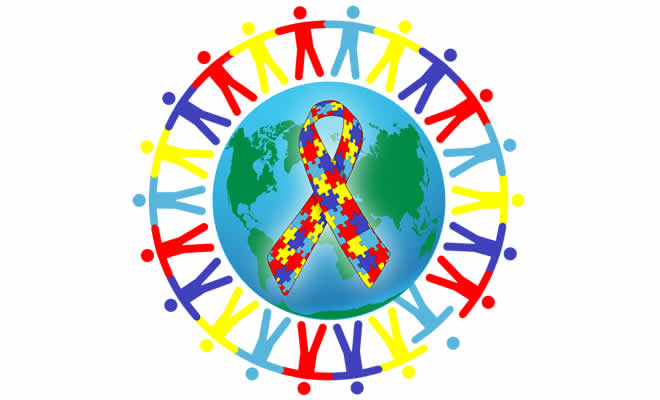The risk of developing an
addiction to alcohol, tobacco, or drugs increases in the period immediately
following mild traumatic brain injury (mTBI) but decreases over time, new
research shows. The historical prospective study showed that in the short-term,
individuals with mTBI had a significantly increased risk for alcohol
dependence, nicotine dependence, and nondependent abuse of drugs or alcohol
compared with a similarly injured non-mTBI comparison group. "Our findings
suggest an increased risk for incidence of alcohol dependence, nondependent
abuse of drugs or alcohol, and nicotine dependence during the first 30 days
following mild TBI and a risk thereafter for alcohol dependence for at least 6
months after injury," the authors, led by Shannon C. Miller, MD, from the
Veterans Affairs Medical Center, Cincinnati, Ohio, write.
According to the
investigators, addiction-related disorders have been linked to an increased
risk for TBI caused by motor vehicle accidents and falls. However, they note,
little research has assessed the reverse pattern. The investigators sought to
assess possible associations between mTBI, commonly known as a concussion, and
addiction-related disorders in active-duty US military personnel. The
researchers used electronically recorded demographic, medical, and military
data for more than one half million active-duty US Air Force service members. mTBI
was identified using International
Classification of Diseases, Ninth Revision, Clinical Modification (ICD-9-CM)
codes listed by the Centers for Disease Control and Prevention in 2003.
According to these codes, mTBI is defined as transient confusion or
disorientation, memory loss, or brief loss of consciousness. The researchers
selected 5065 incident cases among airmen who were on active duty for at least
180 days between October 1, 2001, and September 30, 2008. The comparison group
included 44,733 airmen who were diagnosed with an outpatient injury to the
torso, spinal cord, abdomen, pelvis, digestive tract, or genitourinary tract
and were designated as the "other-injured group" for the purposes of
the study. Time after mTBI was divided into 3 periods: 1 to 30 days, 31 to 179
days, and longer than 180 days. The researchers found that the hazard for
alcohol dependence was significantly elevated for all 3 periods in the mTBI
group compared with the other-injured group. The hazard for alcohol dependence
was highest in the first 30 days following a diagnosis of mTBI (hazard ratio
[HR], 3.48; 95% confidence interval [CI], 1.86 - 6.51). The likelihood of
alcohol dependence decreased consistently with time. At 31 to 179 days post
mTBI, the HR was 2.66 (95% CI, 1.86 - 3.81), and at 180 days or longer post
mTBI, the HR was 1.70 (95% CI, 1.31 - 2.21). The pattern for nicotine
dependence and nondependent abuse of drugs or alcohol was similar, with the
highest HR for nicotine (HR, 2.03; 95% CI, 1.56 - 2.66) and for drugs or
alcohol (HR, 2.11; 95% CI, 1.65 - 2.70) occurring within the first 30 days of
mTBI. The study also showed a greater risk for opioid dependence or abuse in
the 1- to 30-day period (HR, 6.14; 95% CI, 1.20 - 31.31) and also in the 31- to
179-day period (HR, 3.98; 95% CI, 1.14 - 13.93). However, these 2 HRs were
based on only 3 and 4 diagnoses, respectively.Previous research has indicated
that the effects of mTBI resolve quickly, but the results of the current study
suggest that alcohol dependence "may be a long-lasting adverse health
outcome following mild TBI," the investigators write.
"Given the increasing
emphasis and awareness of mild TBI in both military and civilian populations,
these findings may have far-reaching clinical and military readiness
implications," the authors suggest. They add that their study has limitations,
including the use of multiple ICD-9-CM codes to identify mTBI. They also
suggest that the codes may not have been assigned accurately in all cases, but
that the strategy of using the other-injured comparison group and the use of 3
different periods could mitigate these limitations. Dr. Miller and colleagues
also caution against any cause-and-effect interpretations of the study results.
"Although a causal mechanism seems biopsychosocially plausible, it is not
clinically intuitive that hazard ratios would be elevated so soon after the
incident mild TBI (within 30 days)," they write. They conclude that any
alcohol or drug use after TBI is concerning because of the potential for
reduced healing, risk for seizures and repeat TBI, and exacerbation of residual
cognitive, emotional, and behavioral impairments. Further, the authors call for
routine screening for addiction-related disorders after mTBI and for alcohol
dependence screening to continue for at least 6 months following the injury.





